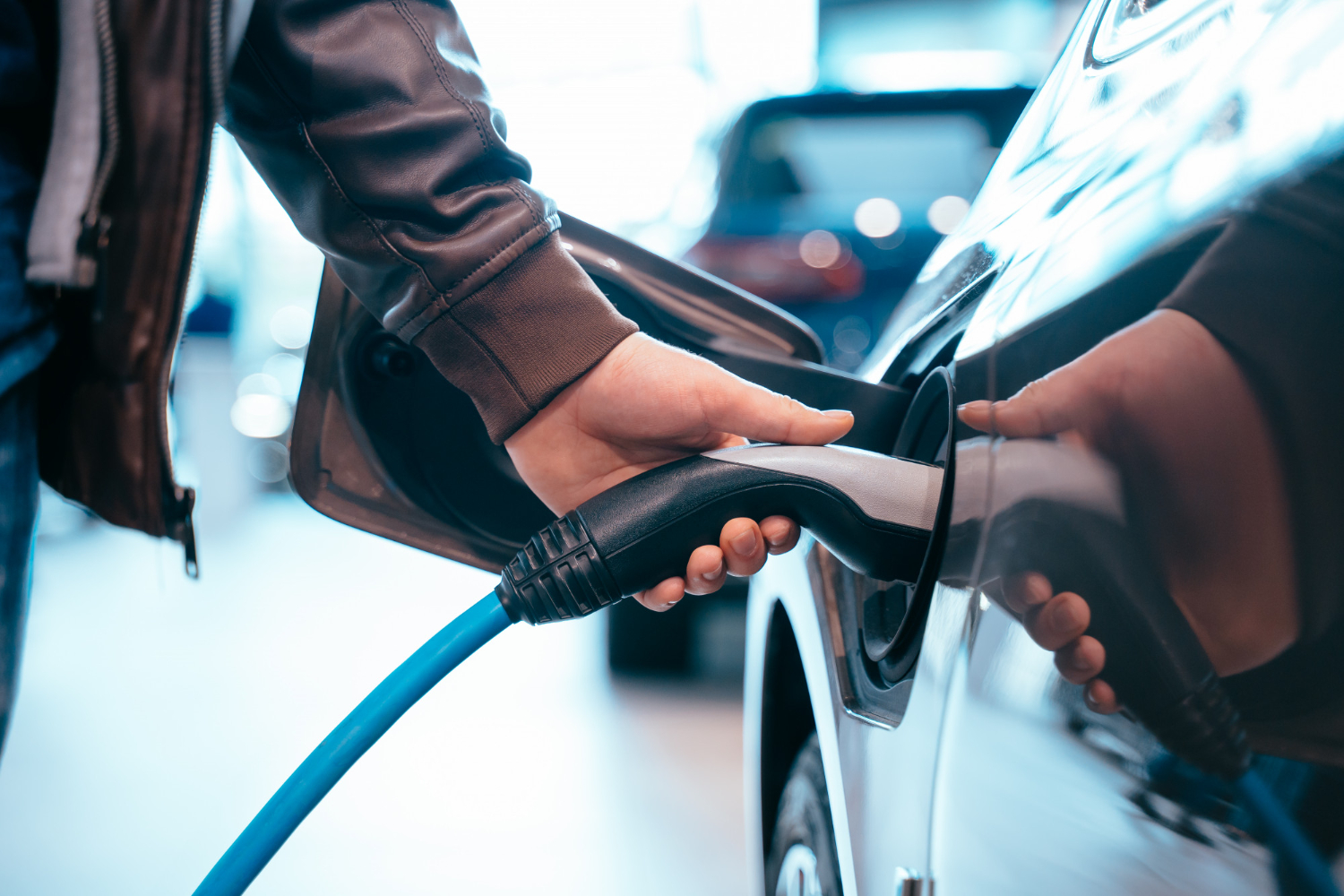The Indonesian Ministry of Industry (Kemenperin) is finalizing proposals for automotive sector incentives to be submitted to the Coordinating Ministry for Economic Affairs as part of the 2026 fiscal policy package.
Government Focuses on Strengthening the Automotive Sector
Industry Minister Agus Gumiwang Kartasasmita said the step aims to accelerate recovery and strengthen the national automotive sector, which is currently facing pressures from domestic purchasing power and global market dynamics.
“We at Kemenperin see the automotive sector as too important to ignore. The high multiplier effect, both backward and forward linkages to other subsectors in the national economy, and significant employment absorption, led us to propose incentives for this sector. It is almost similar to the automotive incentives during Covid-19,” Agus stated in Jakarta on Thursday (13/11).
Incentives Designed to Protect Jobs and Investment
Kemenperin is preparing targeted incentive and stimulus schemes to boost demand, maintain production utilization, and protect industrial investment. The proposals will be submitted through the Coordinating Ministry for Economic Affairs.
“Our focus is on protecting existing jobs and creating new employment opportunities in the automotive sector while ensuring sustainable investment,” Agus explained.
Automotive Sector’s Role in Employment and Economy
The ministry highlighted that the automotive industry contributes significantly to manufacturing GDP, exports, and employment. Investment in the sector has reached around IDR 174 trillion, directly employing nearly 100,000 workers across four-wheel, two-wheel, and three-wheel vehicle production.
Millions of other workers are involved throughout the automotive value chain, from component suppliers and logistics to sales networks and workshops. Agus said, “If this sector is disrupted, the impact will spread to many other industries and millions of workers. That is why Kemenperin considers a targeted incentive intervention necessary.”
Incentives to Support Electric Vehicle Transition
The proposed 2026 incentives will consider existing policies on low-emission and electric vehicles. Current incentives, including government-borne VAT (PPN DTP) for battery-based electric vehicles and certain buses, are valid until 2025.
Agus also said that the 2026 proposals will align with the development of the electric vehicle ecosystem, including plans to continue and improve incentives for electric motorcycle purchases previously launched by the government.
Coordination with Industry Stakeholders
Kemenperin continues to strengthen dialogue with automotive industry players, associations, and stakeholders to refine the incentive proposals.
“We will coordinate with the Coordinating Ministry for Economic Affairs, the Ministry of Finance, and associations such as GAIKINDO, as well as other industry actors. The ultimate goal is clear: maintain competitiveness, strengthen the domestic automotive supply chain ecosystem, and ensure the sector remains a driver of growth and job creation,” Agus concluded.
PHOTO: FREEPIK
This article was created with AI assistance.
Read More






 Friday, 27-02-26
Friday, 27-02-26







